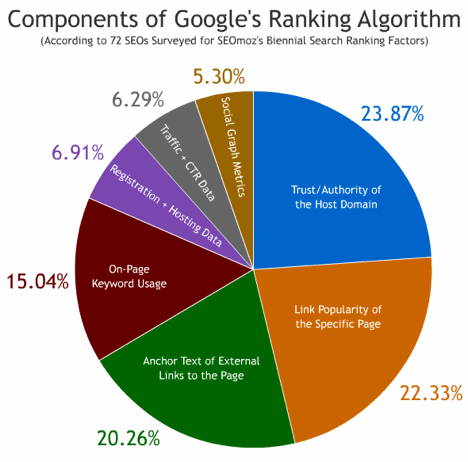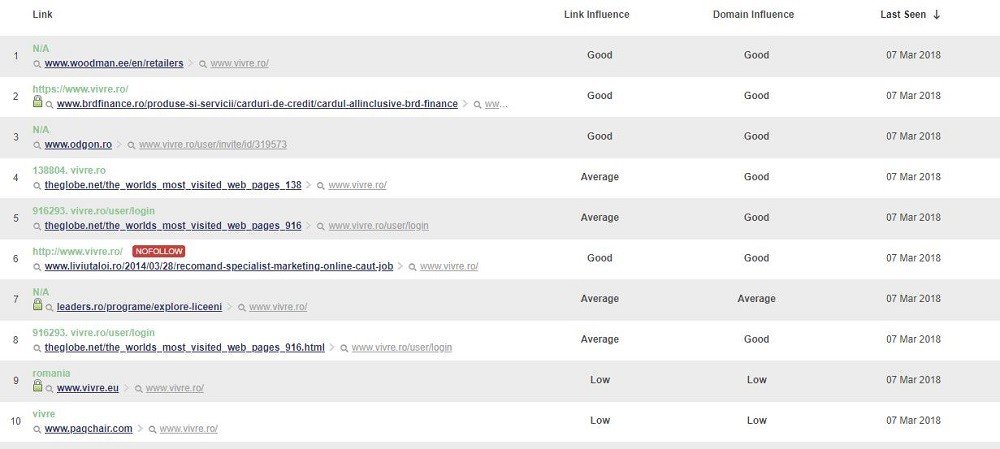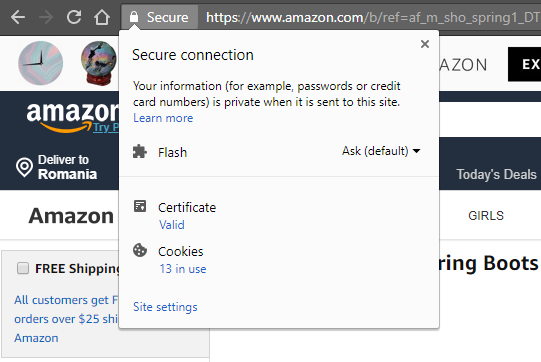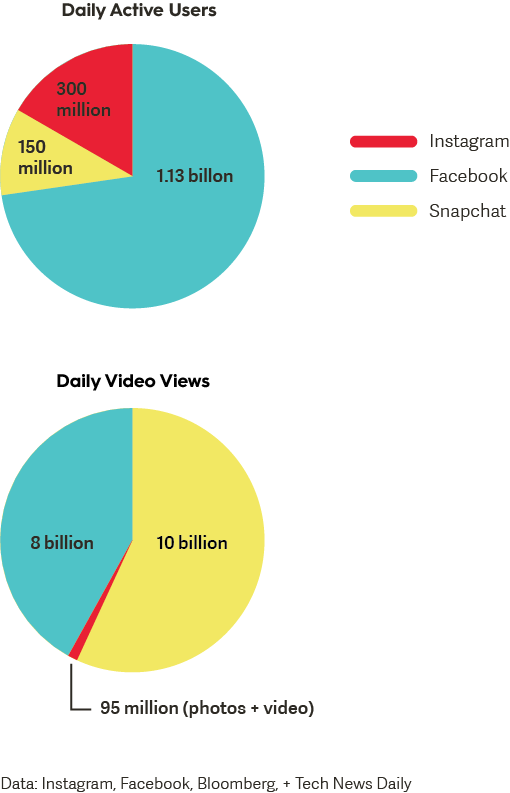Image Source: FreeImages

Boosting your visibility on search engines isn’t just about tweaking your website. Off-page SEO plays a crucial role in your website’s rank on Google. It refers to all the activities that you do away from your website to raise its search engine ranking. This comprehensive guide will reveal the best strategies to enhance your off-page SEO game.
Getting Started with Off-Page SEO
Before diving into the nitty-gritty of off-page SEO, it’s essential to understand what SEO is and why it matters. Search Engine Optimization (SEO) encompasses all the strategies and practices that make websites stand out in search engine results. It’s a way of communicating with search engines, acting as a bridge between humans and algorithms.
SEO is about more than just your website. It encompasses friendliness, credibility, authenticity, quality, transparency, fairness, optimization, and variety. It’s divided into two main categories: on-page and off-page SEO. While on-page SEO deals with optimizing your website’s elements, off-page SEO involves activities outside your website boundaries that contribute to your search engine ranking.

Search engines consider various factors to rank a website, including on-page SEO, off-page SEO, and several other important Google-backed factors. High-quality off-page SEO tactics can provide numerous benefits, including increased rankings, improved PageRank, more visits, more social media mentions, and enhanced visibility.
But remember, the journey of SEO is never-ending. It requires continuous efforts to stay ahead in the SERPs.
Essential Off-Page SEO Techniques
1. Link Building: The Crown Jewel of Off-Page SEO
The first and foremost rule of off-page SEO is to build quality links. Links can be seen as votes or applause for your website, a token of appreciation for your brand. However, not all links are created equal. The value of a link depends on various factors, including the linking site’s popularity, the relevancy of the content, the freshness of the link, the trustworthiness of the linking site, and the number of other links on the linking page.

There are three main types of links:
- Natural Links: These are the best kind of links. They are earned when a user, customer, or reader appreciates your content or services and links to your business as an endorsement.
- Manually Built Links: These are gained through deliberate link-building activities, like asking customers to link to your products or influencers to share your content.
- Self-Created Links: These are created by posting your website link in comments, web directories, press releases, etc. (some of them enter the black hat category).
Link building should always be about quality over quantity. Aim for high-quality links from reputable sites, but don’t overlook smaller or younger brands related to your niche. The best links are those that pass the most link juice.
2. Leverage the Power of Social Media
Social media can contribute to your off-page SEO efforts. Winning your audience on social media platforms can make Google like you and rank you higher. Shares and likes on social media can make your business grow and spread rapidly.
3. Use RSS Feed Subscription Box
Having an RSS subscription box on your website can help you enrich your contact list and subscriber base. It provides continuous updates to your users without them having to manually look for information on the web.
4. Engage in Blog Commenting
Blog commenting is an excellent off-site SEO activity that drives organic traffic to your website. However, it’s essential to provide useful tips and make your brand relevant to the discussion.
5. Guest Posting is Still Alive and Kicking
Guest posting is a great way to build backlinks and attract more organic traffic to your website. However, ensure that the primary focus is to provide actionable, fresh, and relevant information, not just the links to your website.
6. Participate in Forums
Forums are a great place to promote your website. Platforms like Quora, Reddit, Yahoo Answers, eHow are goldmines of information and offer a great platform to engage with your peers and potential customers.
7. Build Trust
Trust is a crucial aspect of off-page SEO. Transparency, quality content, and genuine engagement with your audience can help build trust and improve your off-page SEO.

8. Incorporate Videos and Images
Videos and images are viral nowadays. Platforms like YouTube, Vimeo, Flickr, Pinterest, Photobucket, Facebook, Instagram, and Snapchat are excellent platforms to promote your business and earn social media mentions.

9. Build Relationships with Webmasters/Influencers
Building relationships with authoritative site owners, influencers, and other professionals in your field can help you earn valuable backlinks and enhance your off-page SEO.
10. Be Present On the Web
Being visible on the web is crucial for improving your off-page SEO. The more you are seen, the more you will be noticed.
11. Craft a Sparkling Brand Image
A unique brand image can set you apart from the competition and attract more organic traffic to your website.
12. Share Documents
Sharing documents on platforms like Scribd, Academia, and SlideShare can boost your off-page SEO by providing another avenue for your content to be discovered and linked to.
13. Harness the Power of PR
PR activities like interviews, press releases, and sponsorships can help you get visible and noticed, contributing to your off-page SEO.
Wrapping Up
Off-page SEO plays a crucial role in determining your website’s rank on search engines. By leveraging these strategies, you can boost your search engine rankings, improve your online visibility, and attract more organic traffic to your website. Remember, the journey of SEO is never-ending. It requires continuous efforts to stay ahead in the SERPs. So, keep hustling and keep optimizing!

